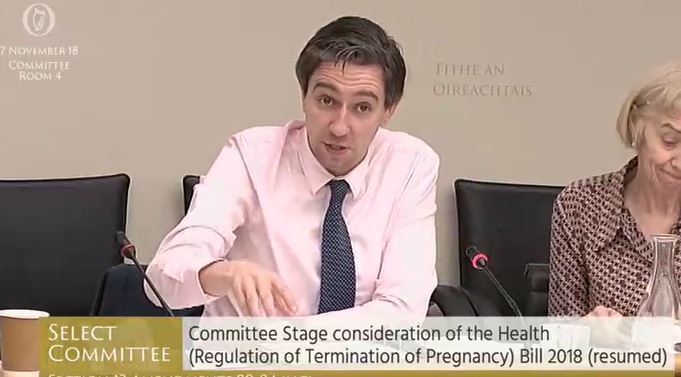
Private firms are to be used to provide scans for pregnant women wanting abortions, due to long waiting lists in the public health system.
The Health Service Executive (HSE) has asked private operators to tender for the provision of all forms of ultrasound at 12 sites across the country. The ultrasounds will be offered at primary care centres including GP practices, local hospitals and “private locations”.
Under the planned abortion service, GPs would refer a woman for a scan if it was deemed clinically necessary. This would occur if the pregnancy needed to be accurately dated as abortions via a GP-administered abortion pill can only take place within the first nine weeks gestation. After that, dangerous complications could arise.
The Irish College of GPs (ICGP) has said there is “genuine worry” promised rapid access to ultrasounds will not be delivered. Current delays in accessing scans generally are illustrated in the HSE tender documents, which reveal waiting list figures for several areas. In Waterford, 3,000 patients are waiting for an ultrasound and in South Tipperary the list has 1,000 patients on it, while in Letterkenny 400 patients are waiting.
Even though patients are seen more quickly in urgent situations, the existence of such lengthy lists is not viewed as compatible with the need to be able to refer women in crisis pregnancies quickly for ultrasounds.
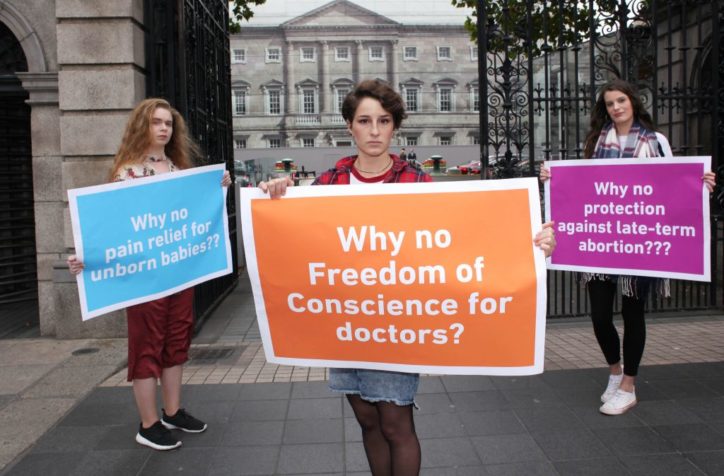
GPs’ vociferous objections to being co-opted by the Irish College of General Practitioners (ICGP) to execute the Government’s planned abortion regime will be aired at an Extraordinary General Meeting of its membership this Sunday.
The college is responsible for the training and education of GPs. It received a petition from over 370 of its members, calling for the EGM. In a statement, ICGP said the purpose of the meeting will be “to consult further and listen to members”. There will be no formal motions at the meeting.
According to an ICGP online survey last month, two-thirds of its members said they will not provide abortion services for various reasons, including resourcing issues and conscientious objection. Dr Andrew O’Regan, a GP based in Co Kerry has called on ICGP to ensure that members with a conscientious objection will be protected in terms of promotion opportunities and refusal to refer.
Speaking to RTÉ’s Morning Ireland, he said: “We’re asking for an open and fair discussion on this in the interest of respect for members and in the interest of a democratic process”.
Tipperary GP Dr Kirsten Fuller, who also signed the petition for this weekend’s EGM, has accused the ICGP board and Government of failing to listen to the concerns of hundreds of GPs. She warned that doctors with a conscientious objection to referral must be protected in law. Dr Fuller said “the Government and ICGP have not looked at our side of this debate and until that happens I think there will be no progress made”.

Minister for Health Simon Harris has rejected calls to ban abortion on the ground of disability, saying it would make the resulting abortion law inoperable and would stigmatise women.
An amendment was proposed by pro-life TDs including Mattie McGrath and Peadar Tóibín to prohibit abortions being sought on the grounds of race, sex or disability. Fianna Fáil TD Éamon Ó Cuív expressed concerns that advances in technology could mean that people could test for disabilities sooner in their pregnancies and long before the 12 week threshold for unrestricted abortion.
However, Mr Harris said he could not accept the amendment as it would create substantial difficulties for doctors certifying abortions. He said the proposals were “entirely unworkable” and would, in his view, “stigmatise women in crisis pregnancies by allowing its proposers to suggest that these are their motives”.
He said the only possible intention would be to render termination services “practically entirely inoperable” as it would require a doctor to be able to “determine a woman’s thoughts which she may choose to keep private, and in fact be satisfied as to the absence of those described”.

The number of syphilis cases reported to the HSE has risen to record levels. There were 398 cases of early infectious syphilis last year, a rise of 31 per cent since 2016, according to the HSE’s Health Protection Surveillance Centre (HPSC). Already this year, there have been 408 cases of the disease up to the start of November, more than in the whole of 2017. The vast majority of cases were among men (96 per cent) and men who have sex with men (MSM – 87 per cent).
The centre says the number of cases is the highest on record since enhanced surveillance of the disease began in 2000.
People with multiple syphilis reinfections may play an important role in the transmission of the disease, according to the HPSC, which says most of the reinfection cases involve people who are also HIV positive.
Meanwhile, the number of recorded cases of gonorrhoea also grew last year, by 15 per cent to 2,249. This represents a slowdown in growth, however, from 2016 when a 51 per cent increase was recorded.
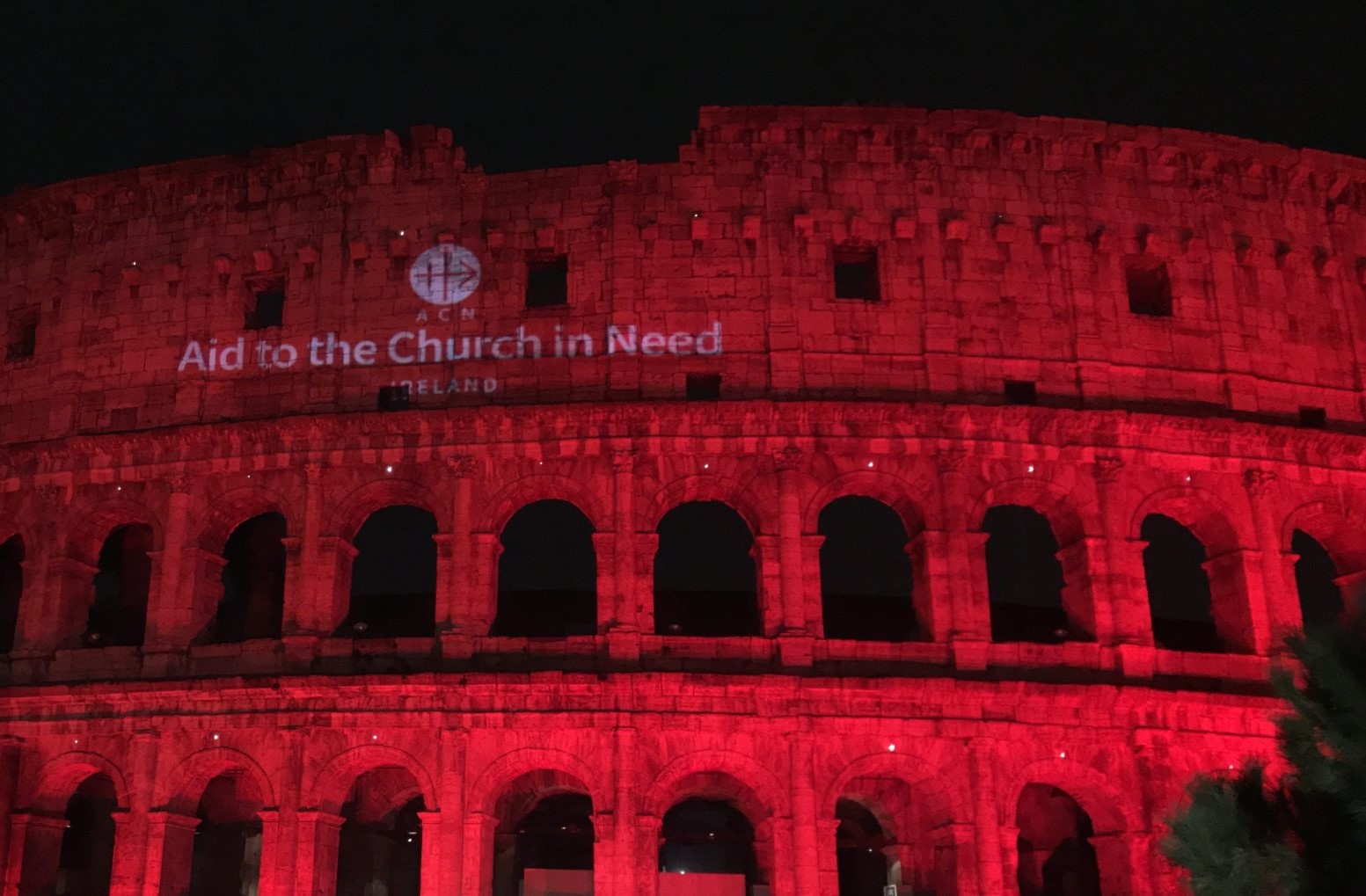
Persecuted Christians all over the world were remembered by Archbishop Eamon Martin at a special mass yesterday to mark ‘Red Wednesday’. The global event expresses solidarity with Christians worldwide who are suffering because of their faith.
The Archbishop also urged people in Ireland to be prophetic in preaching the Gospel, “even when it brings ridicule, insult, criticism or leads to our being ostracised in public discourse.” Quoting Pope Francis, he said that in addition to the bloody “red martyrdom” suffered by Christians throughout the world who die for their faith, many others, in democratic countries, experience “white martyrdom” because their freedom of religion is restricted.
He said Christians should not be afraid to hold and teach our convictions about, for example, the dignity of the person and the sacredness of all human life.
He continued: “In post-referendum Ireland, it remains as important as ever to affirm the sanctity of all human life, and to remind people that the direct and intentional taking of the life of any innocent human being is always gravely wrong. Sadly we must now do this in a context where we might be shouted down, told to “go away”, or even have our right to freedom of conscience and religion questioned because they do not “fit in” with the prevailing attitudes and opinions around us.”

Attempts to fully decriminalise abortion as part of new legislation have failed in the Dáil.
Independent TD Clare Daly said the move to decriminalise abortion was one of the most important of the 65 amendments proposed for the abortion bill. “We are here at an important juncture and if we pass this legislation but maintain a criminal sanction in it, I think we are failing. We need to move away from associating abortion with a 14 year jail term.”
She said that failing to remove criminal sanctions would leave a “chill factor” for doctors and could leave healthcare services open to “malicious reporting”.People Before Profit TD Richard Boyd Barrett said that healthcare professionals were fearful of prosecution. “Doctors seeking to ensure the health and welfare of women in pregnancy situations are now going to be labouring under an anxiety and fear that if they do certain things they may be guilty of a criminal offense and subjected to a 14 year sentence. That to my mind is patently unacceptable.”
The Minister said that criminalisation was necessary from a policy perspective and that to remove it may put the life or health of a woman at risk. He pointed out that under the Bill the woman herself would never face criminal sanction. Rather, the Bill would protect women who were forced into seeking an abortion, or where there was a dominant personality pushing them toward one or where there was sexual abuse. Fianna Fáil TD Billy Kelleher voiced his agreement with Mr Harris. The amendment was defeated.
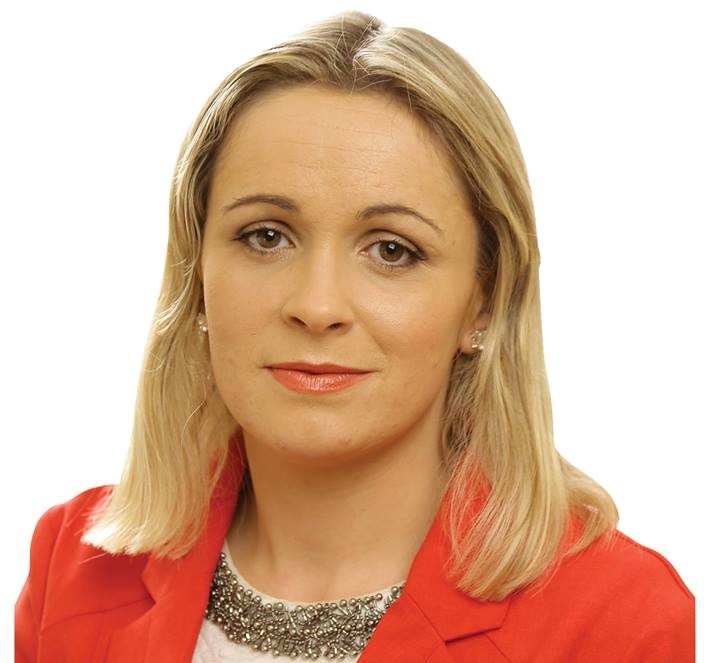
Independent TD Carol Nolan was reduced to tears in the Dail yesterday as she valiantly defended the rights of those who conscientiously object to abortion while receiving personalised attacks from other deputies in the house.
She had proposed an amendment that public money not be used to fund abortions so that tax payers who object to abortion would not be made complicit. She had previously outlined her reasons for doing so in an article in the Sunday Independent.
Her former party colleague, Louise O’Reilly of Sinn Fein, however belittled the efforts of pro-life TDs, making reference to “shock tactics” and “graphic language” and said “Sure it’s all they have left.” In a further swipe, she added that it’s “sad” that Ms Nolan is “coming in here to do the bidding of a well known businessman”. This was a reference to Declan Ganley who had earlier tweeted ‘I will not pay, I will die first’. Other deputies accused Ms Nolan of having a “sinister motive”, of “spreading misinformation” and of being driven by a “visceral hatred”.
Peadar Toibin later tweeted in defense of Ms Nolan writing: “Efforts to close down debate or censor elected TDs should not be tolerated in a truly liberal democracy. Why should a TD be subjected to name calling, character assassination, second guessing of motivations for simply seeking to represent a minority view.”

More than 350 nurses and midwives have urged Minister for Health Simon Harris to open talks on providing for conscientious objection in the forthcoming abortion legislation.
Mary Fitzgibbon, a nurse and midwife, said the group want the right to object to assisting abortions. They have likewise asked that they should not be forced to refer a woman on to another healthcare professional for the same objectionable procedure.
Ms Fitzgibbon said that those who signed the petition have a “conscientious commitment to life. We respect and defend the dignity of every stage of human life and we have a responsibility to make every valid or reasonable effort to protect the life and health of pregnant women and their unborn babies,” she said.
“For us, as nurses and midwives, participation in termination of pregnancy . . . is morally objectionable and conflicts with our conscientious commitment to life,” added Ms Fitzgibbon.
She said that participation includes “supervision, delegation, planning or supporting of staff involved in termination pregnancy”.
“We don’t want to be discriminated against by our employers or victimised as employees in exercising” that right, she said.
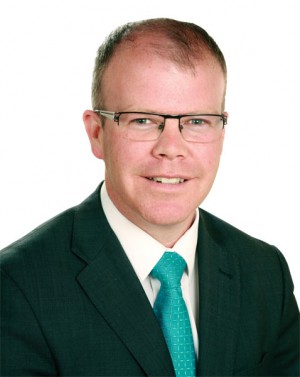
A total of 65 amendments including many from pro-life TDs are to be debated this week as abortion legislation returns to the Dáil for a second round of scrutiny.
Deputy Peadar Tóibín, who resigned from Sinn Féin earlier this month over his opposition to abortion, will seek to change the Bill so that vital information could be offered to a woman before she would avail of abortion.
This would include information on the immediate and long-term medical risks associated with the proposed termination of pregnancy method, and alternatives to abortion. He also wants the woman to be told the probable anatomical and physiological characteristics of the foetus at the time the abortion is to be performed. In addition, he will seek to amend the Bill so that in cases where a foetus is of 20 weeks’ gestation or more, the medical practitioner will offer information on foetal pain to the pregnant woman.
Mr Tóibín previously said that he and other anti-abortion TDs were seeking to speak for “the 34 per cent who voted against the referendum and the 20 per cent of Yes voters who voted only for the difficult cases and not for abortion on request”.

On Wednesday, landmark buildings around the world including numerous churches in Ireland will turn scarlet for Red Wednesday. The event is an initiative of Aid to the Church in Need and Christian Solidarity Worldwide. It is intended as an act of solidarity with Christians around the world who have been persecuted for their religious beliefs.
Over the years, the Palace of Westminster in London, Westminster Abbey, the Colosseum in Rome and many more landmarks were lit red to mark this important day raising awareness of the persecution of Christians worldwide. Knock Basilica, Armagh, Derry and Sligo Cathedrals, St. Mary’s Pope’s Quay, Cork, St Mary’s Pro Cathedral, Dublin, Balintubber Abbey, Co. Mayo, are among the churches in Ireland that are taking part.
This year, for the first time, the initiative will come to the US. The US landmarks to be lit scarlet are the Basilica of the Sacred Heart of Mary in Washington, DC, St. Peter and St. Paul Cathedral in Philadelphia, Pennsylvania, the Cathedral of St. Francis of Assisi in Metuchen, New Jersey and the Cathedral of the Epiphany in Venice, Florida. The landmarks will shine (red) light on the persecution of Christians around the world.